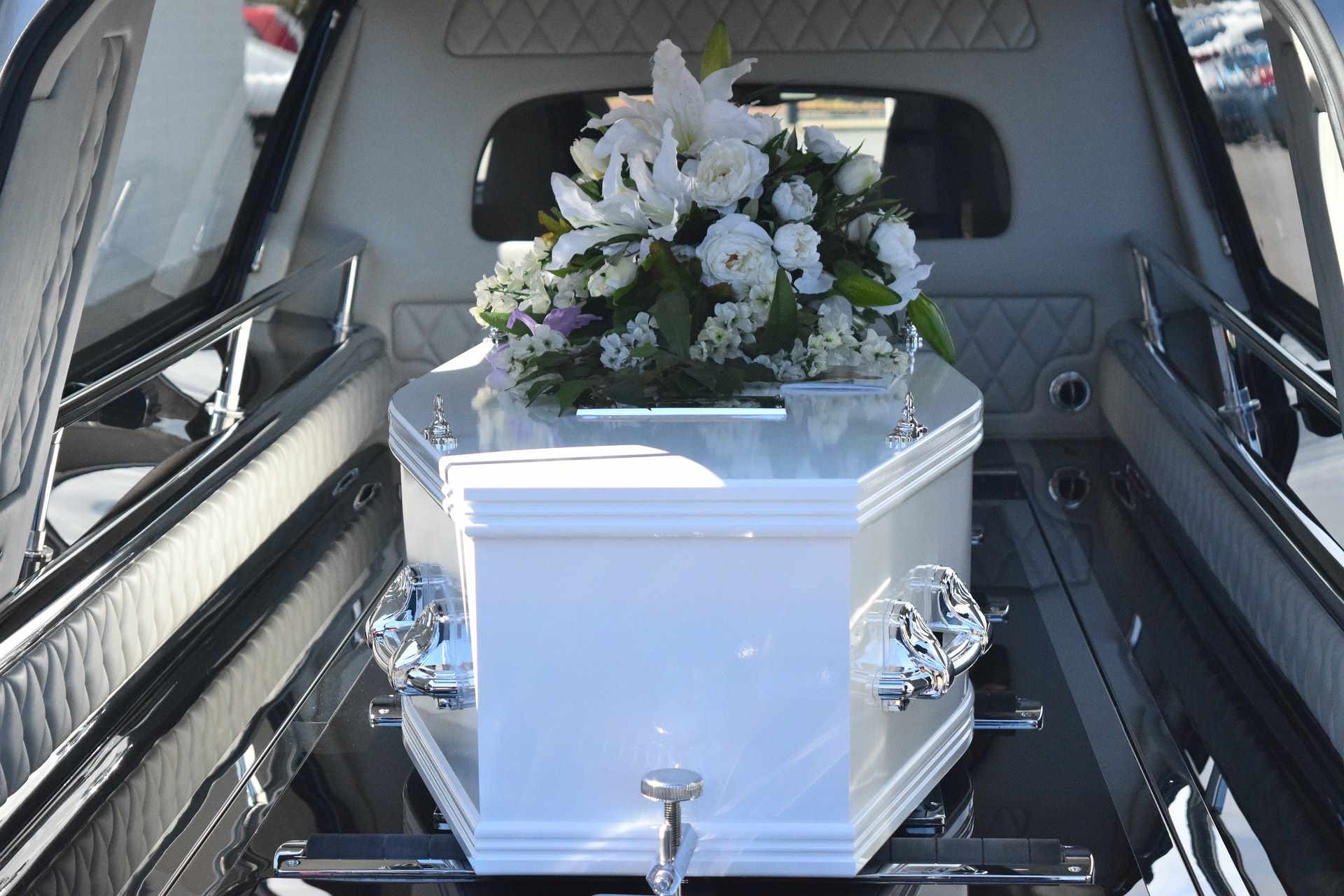Funeral costs in Ireland 2025: A guide to making wise choices
Planning a funeral in Ireland involves navigating various costs and service options that can significantly impact your budget. Understanding the different components of funeral expenses, from basic services to additional ceremonies, helps families make informed decisions during difficult times. This comprehensive guide explores the typical costs associated with funerals and cremations across Ireland, providing essential information to help you plan appropriately while honoring your loved one's memory.

When facing the loss of a loved one, families in Ireland must navigate both emotional challenges and practical considerations, including funeral arrangements and associated costs. The funeral industry in Ireland offers various service levels and options, each with different pricing structures that can vary significantly depending on location, service provider, and specific requirements.
Understanding Basic Funeral Service Components in Ireland
Funeral services in Ireland typically include several core components that form the foundation of most arrangements. These essential elements include the funeral director’s professional services, preparation of the deceased, provision of a coffin or casket, transportation arrangements, and coordination of the ceremony. Additional services such as flowers, obituary notices, catering, and memorial items are often available as optional extras. The complexity and quality of these services directly influence the overall cost, with premium options commanding higher prices than basic alternatives.
Cremation versus Burial Options and Associated Costs
Irish families can choose between cremation and traditional burial, each option presenting different cost implications. Cremation services generally cost less than traditional burials, as they eliminate expenses related to cemetery plots, headstones, and ongoing grave maintenance. However, cremation still involves fees for the crematorium facility, urn selection, and potential memorial services. Traditional burial includes additional costs such as grave purchase or rental, headstone installation, and cemetery maintenance fees. The choice between these options often depends on personal preferences, religious considerations, and budget constraints.
Regional Price Variations Across Irish Funeral Providers
Funeral costs in Ireland vary considerably between urban and rural areas, with Dublin and other major cities typically commanding higher prices than smaller towns and rural communities. This variation reflects differences in operational costs, property prices, and local market competition. Northern Ireland and the Republic of Ireland also have different pricing structures due to varying regulations and market conditions. Families should research local providers and compare services to understand the typical price ranges in their specific area.
Funeral Home Services and Pricing Structures for 2025
Irish funeral homes offer various service packages ranging from basic arrangements to comprehensive full-service options. Basic packages typically include essential services such as collection and preparation of the deceased, a simple coffin, hearse transportation, and coordination of the ceremony. Mid-range packages often add elements like upgraded coffins, additional transportation, flowers, and extended viewing hours. Premium packages may include luxury coffins, multiple vehicles, extensive floral arrangements, catering services, and personalized memorial items. Understanding these different service levels helps families select appropriate options within their budget.
Additional Costs and Considerations for Irish Funeral Planning
Beyond basic funeral services, families should budget for various additional expenses that commonly arise during funeral planning. These may include death certificates, newspaper obituary notices, reception or wake catering, memorial cards, flowers from family members, clergy fees, musician costs, and transportation for family members. Some families also choose to invest in memorial websites, video tributes, or charitable donations in the deceased’s name. Planning for these additional costs prevents unexpected financial strain during an already difficult period.
| Service Type | Provider | Cost Estimation |
|---|---|---|
| Basic Funeral Package | Local Funeral Directors | €3,500 - €5,000 |
| Cremation Service | Irish Crematoriums | €800 - €1,200 |
| Traditional Burial Plot | Cemetery Authorities | €1,500 - €4,000 |
| Premium Funeral Package | Established Funeral Homes | €6,000 - €10,000 |
| Headstone Installation | Monument Companies | €1,000 - €3,500 |
Prices, rates, or cost estimates mentioned in this article are based on the latest available information but may change over time. Independent research is advised before making financial decisions.
Financial Planning and Support Options for Funeral Expenses
Many Irish families benefit from advance planning to manage funeral costs effectively. Pre-paid funeral plans allow individuals to secure current pricing for future services, protecting against inflation and reducing financial burden on surviving family members. Some insurance policies include funeral benefit provisions, while government death benefits may provide limited financial assistance. Credit unions and banks also offer funeral loans for families requiring immediate financial support. Understanding available financial options helps ensure that funeral arrangements align with family budgets while maintaining dignity and respect for the deceased.
Navigating funeral costs in Ireland requires careful consideration of various factors including service preferences, regional pricing differences, and additional expenses beyond basic arrangements. By understanding the typical cost ranges and available options, families can make informed decisions that honor their loved ones while managing financial responsibilities appropriately. Comparing multiple providers and discussing specific needs with funeral directors helps ensure that arrangements meet both emotional and practical requirements within available budgets.




